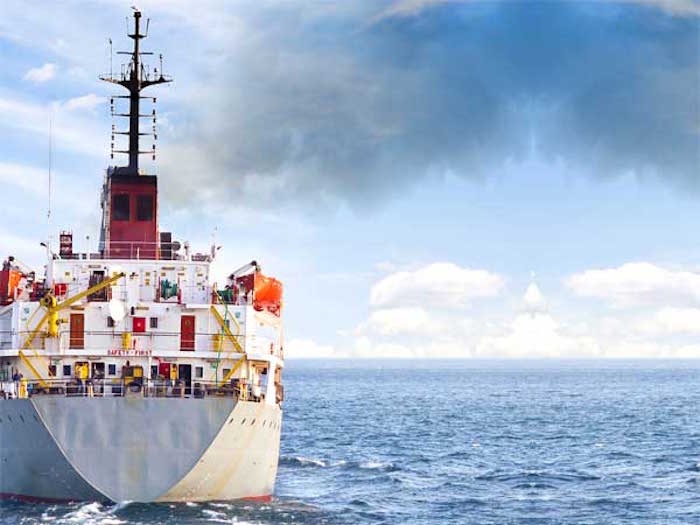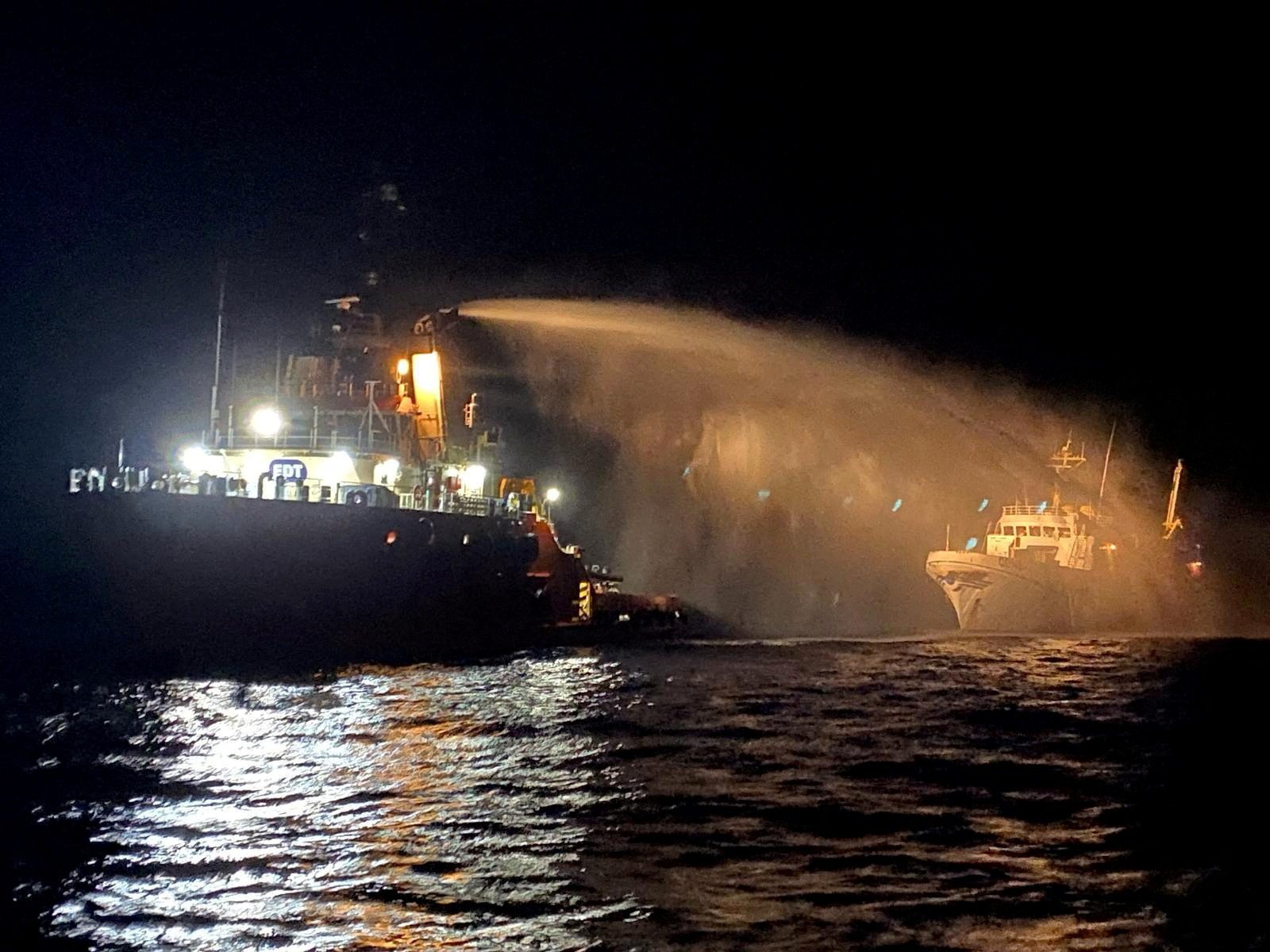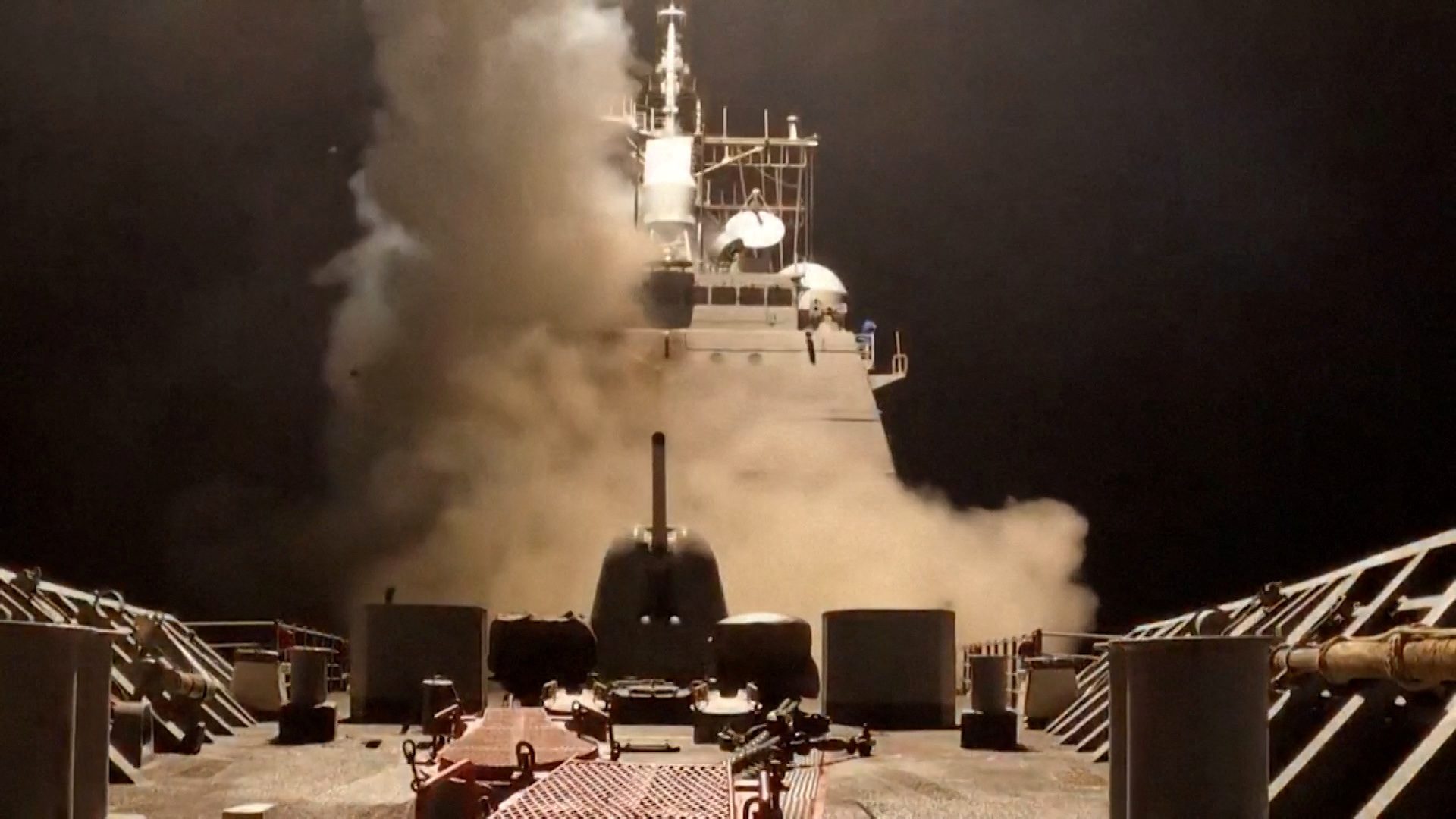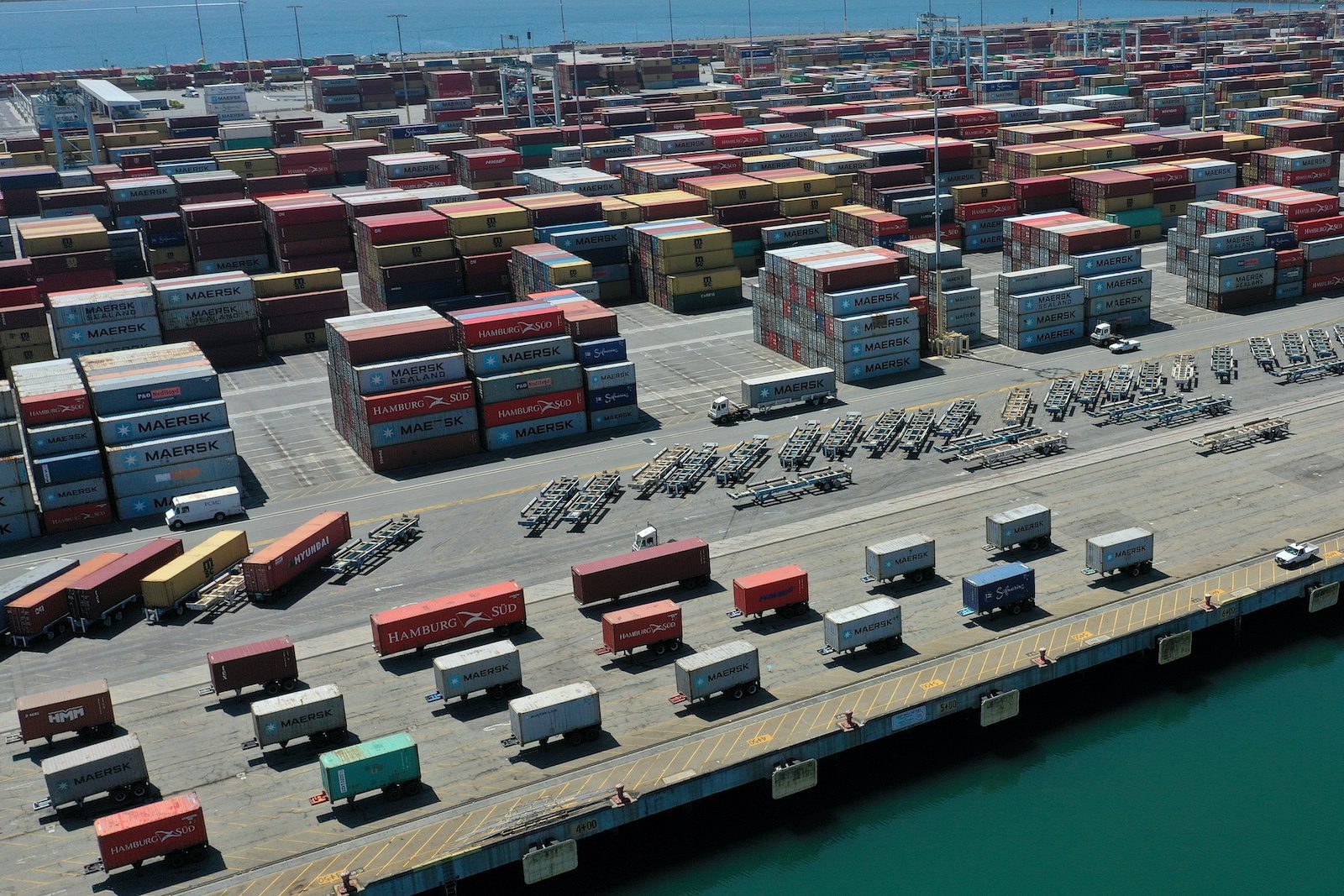Photo: IMO
The International Maritime Organization says it has made progress towards reducing CO2 emissions from ships with the Marine Environment Protection Committee this week drafting mandatory requirements for ships to record and report their fuel consumption and emissions data.
The IMO says the mandatory data collection system is the first in a three-step process that will help IMO Member States decide whether or not any additional measures are needed to increase energy efficiency and address greenhouse gas emissions from international shipping.
Under the proposed system, ships of 5,000 gross tonnage and above will be required to collect consumption data for each type of fuel they use, as well as other specified data, which will then be reported to the flag state each year and sent to an IMO database for recording.
The requirements will be put forward for adoption in October during the 70th MEPC session and could enter into force in 2018.
The proposed system was welcomed by the International Chamber of Shipping.
“Most of the details have been agreed, including the important fact that CO2 reporting will be mandatory. We are confident that the IMO system will be fully adopted at the next MEPC meeting in October” said ICS Secretary General, Peter Hinchliffe. “We believe that IMO Member States have agreed an acceptable compromise between governments primarily interested in data on fuel consumption and CO2 and those that wish to collect additional information, for example on so called transport work.”
Speaking from IMO, Mr Hinchliffe added “The priority now is to persuade the European Union to adjust its unilateral regulation on the reporting and verification of individual ship emissions to make it compatible with what has now been agreed at IMO. While this may be an uphill struggle, we have been encouraged by the constructive attitude taken by EU Member States this week, as well as those other nations that initially had concerns about the decision to make the IMO system mandatory.”
During the high-level meetings in London this, the MEPC also welcomed the Paris Agreement on Climate Change. The MEPT also unanimously recognized IMO’s own role in mitigating the impact of greenhouse gas emissions from shipping, acknowledging the current efforts and measures already introduced by IMO to enhance the efficiency of ships.
“It has been very encouraging to see States which had previously found it difficult to reach binding agreement on climate change measures bring the spirit of the Paris Agreement to IMO this week. The unanimous agreement to take forward a mandatory data collection system for ships’ fuel consumption is a significant step. It will provide a solid basis on which to consider, armed with information, whether further measures may be required in future to mitigate GHG emissions from shipping,” said IMO Secretary-General Kitack Lim.
He added, “I would like to commend the Member States of IMO for once again showing their willingness to work collaboratively for the greater good. On World Earth Day, and the day the Paris Agreement is being signed by world leaders in New York, we are pleased to announce another of IMO’s continuing efforts to protect the world’s oceans and climate.”
Not so happy with the outcome of this week’s meeting was the environmental NGO Transport & Environment, one of the IMO’s biggest critics in regards to the Paris Agreement. The group said that this week the IMO only managed to”kick the can down the road” to its next meeting in October, accusing IMO of scuttling a work plan to develop a ‘fair share’ contribution to the goal of limiting temperature increases to 1.5/2°C, as agreed by nearly 200 countries under the Paris Agreement.
John Maggs, senior policy advisor at environmental NGO Seas At Risk, said: “The IMO has fallen flat on its face in the first test of its determination to tackle greenhouse gas emissions after Paris, unable even to agree to develop a work plan for reducing ship emissions. Despite a large majority of member states and industry supporting action, the IMO proved unable to translate this into progress, instead allowing itself to be held hostage by a handful of BRICS and the maverick and increasingly isolated Cook Islands.”

 Join The Club
Join The Club











